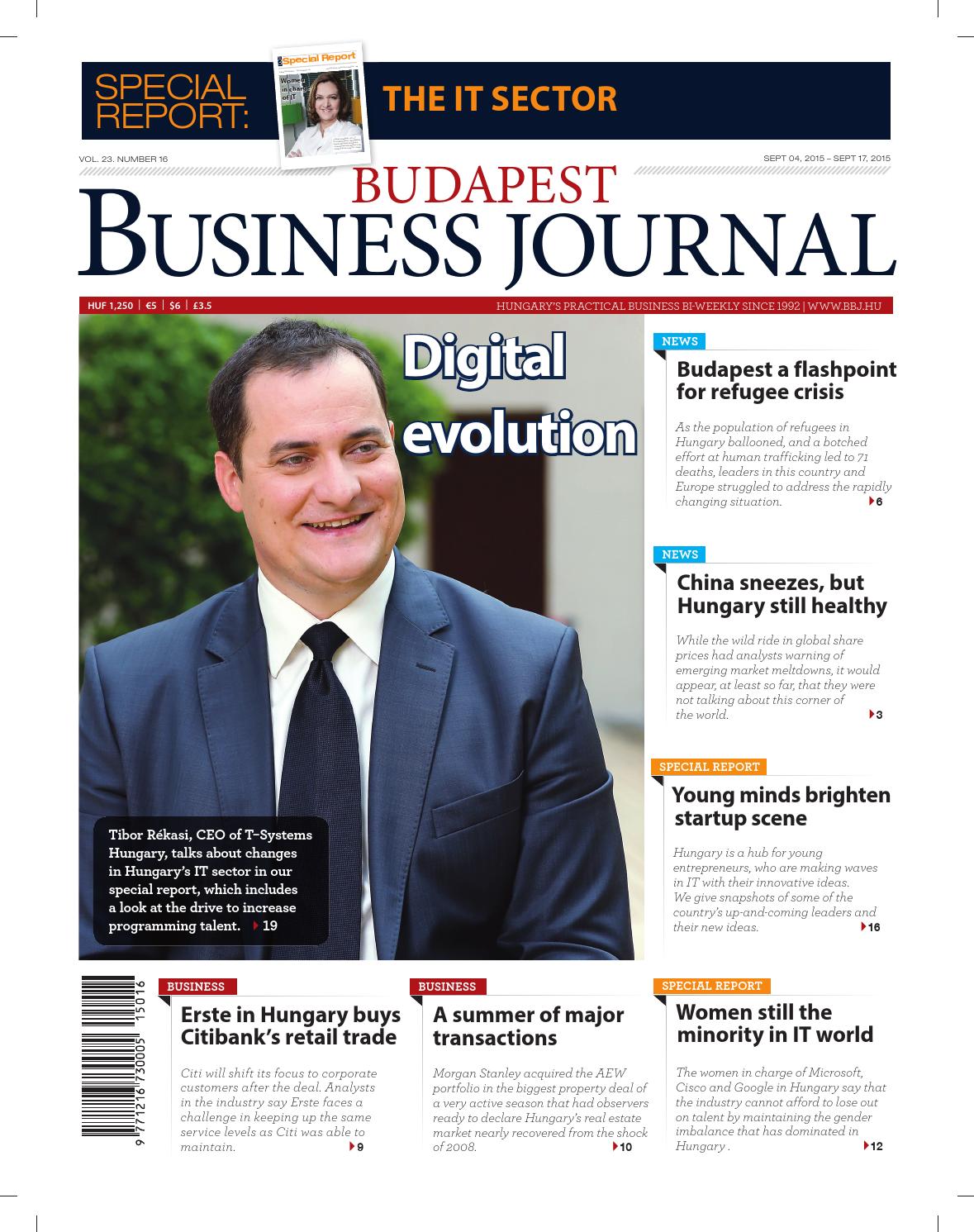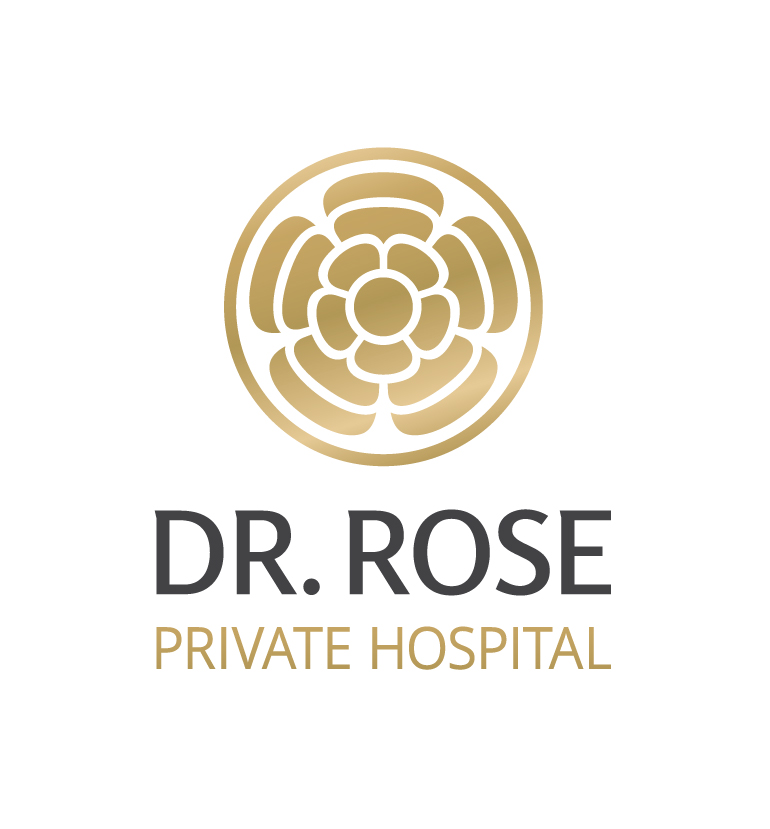Hacking Healthcare in Hungary for the Better
- 29 Jul 2024 3:42 PM
- Budapest Business Journal

Despite, or maybe because of often harsh realities, healthcare in Hungary urgently needs innovative solutions, and a recent hackathon aimed to spark some new ideas.
A recent quiz that went viral on social media in Hungary challenged users to guess whether the photos shown to them one by one depicted a Hungarian hospital or a building in Chernobyl. In most cases, it was impossible to tell.
Indeed, Steven Spielberg could shoot his next World War II movie in a local healthcare facility without altering a thing and get the ambiance right. Against this backdrop, initiatives that aim to improve conditions are even more critical.
The Knowledge and Innovation Communities (KICs) of the European Institute of Innovation and Technology (EIT) serve that very purpose, namely incentivizing innovation efforts in healthcare.
Under one such project, med schools in Budapest, Debrecen and Pécs that cooperate under EIT Health teamed up with key stakeholders last year to forge closer relations between innovative enterprises, academia and clinics.
Accordingly, the consortium members launched the “Hack4Cure: Health From An Idea” hackathon, giving students and researchers the chance to become immersed in the process of product development.
The event took place for the second time this year and invited participants to develop novelties under two different topic headings.
The “Green Hospital” category gathered ideas for sustainable operations, carbon footprint reduction, waste minimizing, digital transformation and energy saving.
“Health for All,” meanwhile, aimed to lay the groundwork for solutions that improve reliable and authentic information flow in patient care.
“I frequent demo days, but the presentations were surprisingly strong. I was amazed by the potential this generation has to offer; they achieved so much in such a short time,” Gabriella Sódar, deputy director of Blue Planet Foundation, tells the Budapest Business Journal.
Her organization runs its own accelerator program with a focus on sustainability. She also praised the spirit of the young innovators.
Hack4Cure team members chat through ideas with mentors.
Dare to Pivot
“They dared to pivot, which they very much needed to do in the first place. They weren’t assigned just one single mentor, but they rather had to talk to many. I suggested they should take an ‘average’ of what they were told,” Sódar notes.
And there wasn’t too much time to do all that. Teams had 24 hours to put together the basics and present their would-be product to a jury comprised of renowned medical researchers, university and hospital executives and specialized economists.
The participants demonstrated remarkable diversity in terms of their background: future engineers, coders, doctors, and psychologists represented a series of faculties and worked together with experienced professionals on their initial concept.
The idea of the winning crew, Lehet jobb! (“It Can Be Better!”), was to develop further the so-called HealthWindow app, the official platform for storing and accessing medical files in Hungary.
The winning concept aimed to implement courses in the app to promote healthy lifestyles with the help of embracing tailor-made, step-by-step roadmaps.
The runner-up, InnovAid, conceptualized a system to monitor pharmacy stocks, allowing patients to track where they can go to get their prescription medication in the HealthWindow app. The third-placed Polyp team created a virtual assistant that guides patients on where to turn to with their symptoms.
So far so good, but what about implementation? The Faculty of General Medical Sciences at the University of Pécs ensures adequate mentoring support and clinical testing opportunities are offered to the masterminds of the best hackathon ideas by coordinating network building and knowledge sharing.
Not all About Money
On the other hand, you may wonder to what extent such events are relevant in the first place, given the often rather dire conditions in Hungarian healthcare.
“Not everything comes down to money,” Sódar tells the BBJ. “At Semmelweis University, [medical] professionals are educated to make informed sourcing decisions that can result in huge savings.”
Take medication. A simple brand choice can have a huge environmental impact, and it adds up. A lot more is at stake when it comes to energy consumption, as the use of smart switches can optimize matters significantly.
“Such energy-optimizing systems do exist already, although patients don’t necessarily perceive them,” Sódar adds, noting that there are many things we take for granted, yet are not self-evident, even in Western countries.
“Cloud-based prescriptions are, by now, standard procedure in Hungary, but in other countries, it is something that is yet to be implemented,” she points out.
There is a lot to improve in healthcare, of course, but efforts like Hack4Cure are great occasions to give innovation a push, the expert concludes.
“Sustainable healthcare is evolving. Initiatives exist, and key stakeholders are active. Hungary has potential,” Sódar insists.
*********************************
You're very welcome to comment, discuss and enjoy more stories via our Facebook page:
Facebook.com/XpatLoopNews + via XpatLoop’s groups: Budapest Expats / Expats Hungary
You can subscribe to our newsletter here: XpatLoop.com/Newsletters
Do you want your business to reach tens of thousands of potential high-value expat customers? Then just contact us here!






























LATEST NEWS IN health & wellness